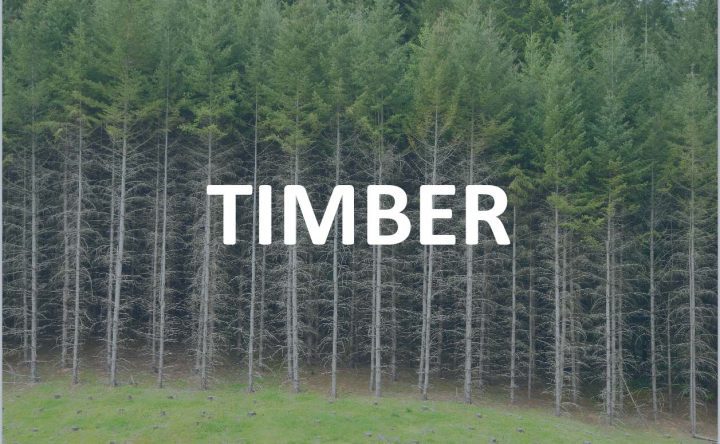Elevated prices for finished lumber and panel products have led several Canadian provinces to raise the timber royalty rates they are charging to lumber manufacturing companies. New Brunswick is not, at least not as of yet. The province instead continues to standby a decision made to keep its royalty rates frozen at levels set 6-years ago by the former government.
News in timber
B.C. Provincial Government says Redistribution of B.C. Forest Licenses Remains its Long-Term Goal
When Canfor Corp. closed its Vavenby sawmill in 2019, due to the shrinking timber supply, and sold the cutting rights to Interfor for $ 60 million, B.C.’s NDP government had its first chance to use its new authority to intervene in long-term corporate forest tenures…
British Columbia Unveils New Timber Strategy that Will Boost Indigenous Engagement in Forestry
The British Columbia provincial government is promising to boost Indigenous engagement in forestry as it sets out on the largest series of policy updates for the sector since the early 2000’s. According to the strategy plan unveiled on Tuesday (6-1-21). there would be a near doubling in the amount of replaceable forest tenure held by Indigenous nations from the current levels of 10%.
With Lumber Prices at Near Record Levels, Alberta Looks to Expand Forest Products Harvest
According to a leader of the Bigstone Cree Nation, just as lumber prices hit record highs, a drive to increase Alberta’s forest harvest is allowing members of a northern First Nation to become resource owners, as well as timber-gathering contractors.
British Columbia Announces Plans to Modernize Regulations on the Forest Industry
The British Columbia provincial government on Tuesday (6-1-21) released a paper that lays out far-ranging “policy intentions”, including diversifying the ownership of forest tenures, or harvesting rights, and establishing a framework of compensation in the event those rights are redistributed. The series of B.C. goals and an initial yearlong timeline will work towards modernizing the province’s regulation of the forest sector.
Record Dry Soil and Vegetation in U.S. West Creates Potential for Increasingly Dangerous Wildfire Season
Last year’s wildfire season in the western U.S. set new records for damage and destruction. This year’s wildfire season is shaping up to be potentially worse. According to scientists, the soil is at record dry levels for this time of year — so is the vegetation that can fuel wildfires.
Hot Temperatures and Dry Conditions Put Idaho’s Forests at High Risk for Wildfires
According to the Bureau of Land Management (BLM), more than 120 wildfires have already been reported in Idaho in 2021 and we are just approaching the official start of wildfire season. Fire management chief, Josh Harvey, with the Idaho Department of Lands (IDL) is worried, saying “We’re definitely below our level of moisture that should be sitting in the ground right now.”
U.S. Senators Urged to Heed Risks to Nations Forests
In his capacity as president of the National Association of State Foresters (NASF), Arkansas State Forester Joe Fox testified at a hearing before the U.S. Senate’s Agriculture Committee titled: “Federal, State, and Private Forestlands: Opportunities for Addressing Climate Change.” In his testimony, Fox warned lawmakers that without “significant investments,” the nation’s timberlands are at risk.
Diversity in Tree Species Provides No Protection Against Bark Beetle Infestation
Freiburg scientist Sylvie Berthelot and her team of researchers from the Faculty of Environment and Natural Resources and the Faculty of Biology are studying the importance of tree diversity on bark beetle infestation. They are investigating whether the composition of tree species affects bark beetle feeding behavior.
BC’s Seaton Forest Products Finds Niche Market for Dry Grade 4 Wood
Seaton Forest Products, located near Smithers, B.C. at the foot of Seaton Mountain, has been quietly building a niche market for itself. Owned by Andy Thompson, the mill cuts dry Grade 4 wood into cants, using wood that would have typically been left in the bush or burned.


